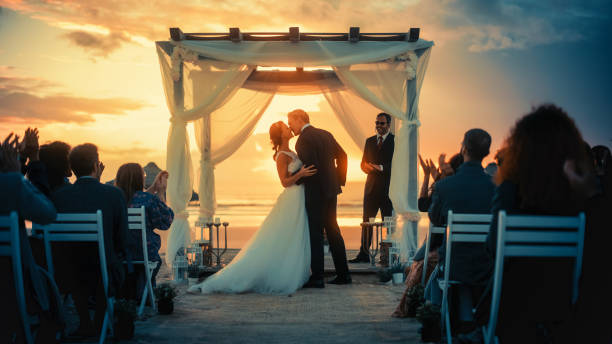
Our attorneys vigorously advocate for our clients, striving to secure the best possible outcomes in their order of protection cases.
Steps To Take If You Receive An Order of Protection
After receiving an order, you should immediately follow its terms and call our law firm. If you take any action against the person who filed the order, you can damage your case and may face criminal charges. Our attorneys will help you document the details of the alleged abuse and create a legal strategy that protects your interests.
Illinois has a few levels of orders of protection that have varying lengths which are:
- Emergency order of protection: A court can issue an emergency order on the day a person requests it and without notice to the respondent. Emergency orders can last for up to 21 days.
- Interim order of protection: Respondents can only receive an interim order after their first court appearance or after the date of the hearing. These orders can last for up to 30 days and a judge may issue these orders after an emergency order.
- Plenary order of protection: Plenary orders can last for up to two years, making them the longest type of order. A judge can issue these orders after reviewing case evidence in the hearing.
While an order is in effect people should continue to pay child support, spousal support, and any fines. A court order can grant temporary custody and support to the other party and if you fail to follow the order there may be repercussions for your parental responsibility agreement.
Skilled Representation For Order Of Protection Hearings
During the order of protection hearing, both sides will present any evidence of alleged abuse to the judge. With these facts, the judge will decide whether to extend an order of protection and temporary support payments. Orders of protection are not easy to change after judgment so you should work with our proven legal team from the beginning of your case.
Discover More practice Areas


Child Custody

Family Law
Unmatched Dedication
Straightforward, experienced, and willing to go above and beyond what was expected.


In a matter where I needed the very best... RJSR answered the bell


I was terrified of leaving. However, after my consultation... I knew everything was going to be okay.


We’ve Been Recognized by Some of the Top Associations










We Believe Knowledge Is Worth Sharing

What happens to retirement accounts during a divorce?

5 common challenges when running a business during divorce


